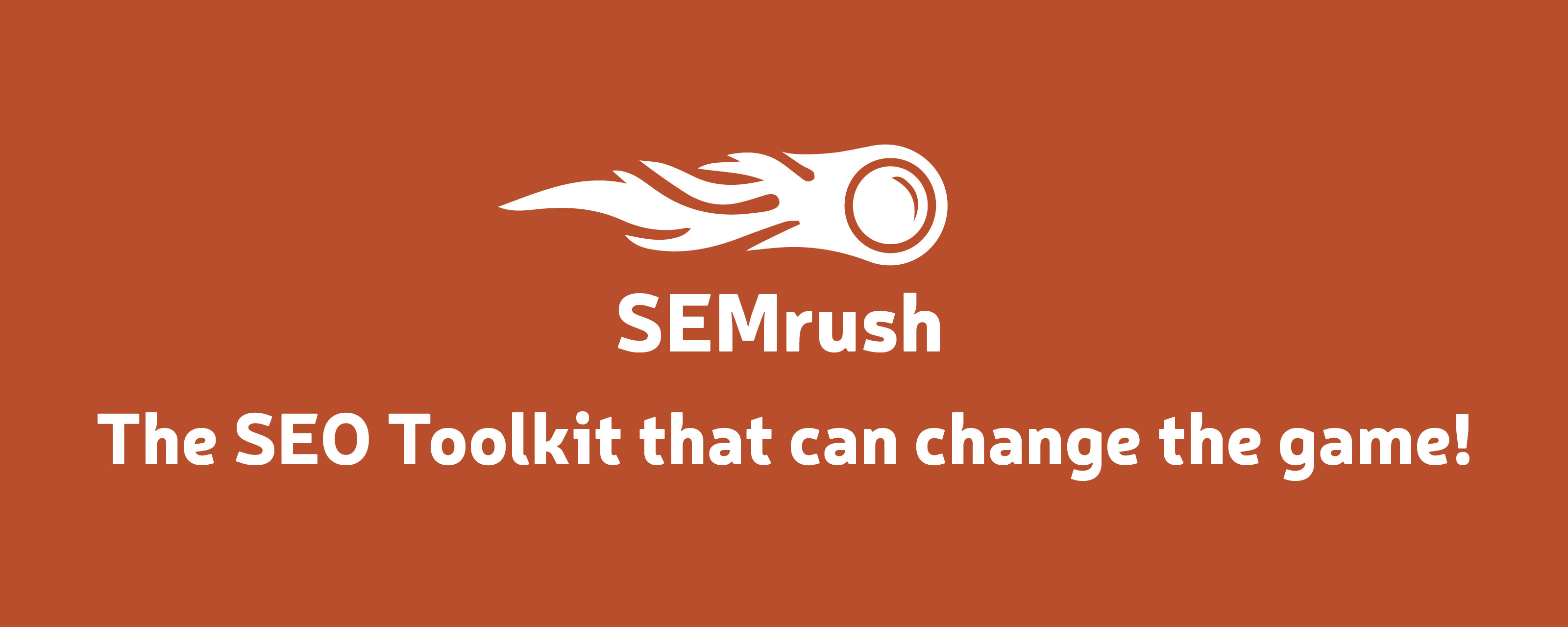
How SEO & SEM Work Together to Help Your Website Rank
Today’s competitive digital marketplace demands your expertise in the various aspects of digital marketing. One such vital and incontestable aspect is that of Search Engine Marketing. It can be a game-changer for your business.
With high competition comes the need for better visibility and Search Engine Marketing is the thing you need to help you achieve it. SEM incorporates a bunch of things:
- Display Ads
- Search Ads
- Video Ads
The foremost advantage of SEM is that it helps your business turn up right in front of the relevant audience, right when they are looking for you/your service.
It is, however, this definition that leads most people to confuse SEM with SEO (Search Engine Optimisation). Both tasks help your website meet a reasonable rank on Search Engine Result Pages (SERPs) but in very different ways. Let’s segregate the methodologies to differentiate between the two better.
Difference between SEO & SEM
Let’s draw an analogy before we get into the technical details –
SEO is that hardworking employee that works day and night to meet targets, whereas SEM is the smart-working employee that knows the cheat codes and can get the same results as the hardworking guy, in half the time.
Now that we’ve painted a reasonable picture in your mind, here’s what we mean:
SEO (Search Engine Optimisation) is a process that requires patience and a lot of dedication. It is a painstaking procedure that involves optimizing a website, creation of content with enough and relevant keywords, link building to establish domain authority and the use of metadata to aid Search Engines such as Google to crawl your website.
After doing all that, it might still take your website six months to a year to be ranked on even the first three SERPs.
SEM (Search Engine Marketing) is, but, a little less complex. When we talked about cheat codes in our analogy above, what we were really hinting at was that you will pay the search engine to manipulate results and list your website amongst the top results.
So, what can SEO do for you?
SEO is a cost-effective practice where you don’t spend any money or pay anyone to get seen. You instead use your resources to create quality content, the fruits of which labour you will reap in time.
What are the fruits you ask? SEO, when done right rewards your business with high-quality traffic. This traffic consists of your target audience who is willing to make a buy from your brand and has over time come to trust the quality of your product/service over others.
These are the people who are looking for you or the type of product and service you offer. Also, they have not been directed by any Ad or Paid Promotion towards your website.
Your website ranks well on search engines – thanks to the months of optimization with keywords and link building and just happened to be on the top of the list, prompting both, the Search Engine and the user to believe that you are amongst the very best at what you do.
This is also by definition, what we call “organic reach”.
Why you should consider SEM anyway.
While waiting till you can see organic results may seem cost efficient, your business growth model will tell you otherwise. If you want to get your business up and running, SEM is your best bet. Not only can it get you the visibility and recognition you need, but it can also get you instant results.
With SEM you can exercise more control over who to target and even restrict or broaden regional/geographic targeting. The initial high click-through rate will help boost your business’ performance, not to mention help make your brand/business name a relevant search term too!
Another advantage you can enjoy when you pay to be seen on Search Engine Results Pages is that you can track how your ad is doing. Using different permutations and combinations of keywords, budgeting, etc. can impact who you reach, how you reach them and how far (geographically) you can reach.
In a broader sense though, SEM is or can be part of your overall business marketing strategy, whereas SEO has more to do with the structuring of your website.
Here’s a table to sum things up and make them easier for your understanding:
Search Engine Optimization |
Search Engine Marketing |
| Organic | Instant Results |
| Cost-effective | High Click-Through Rates |
| High-quality Traffic | Precise Targeting |
| Sustainable Visibility | Tracking & Analysis |
| Credibility & Trustworthiness | Increased Visibility |
| Improved Click-Through Rate | In line with Overall Marketing Strategy |
| Brand Awareness | Brand Awareness |
SEO vs. SEM: Which is better?
If you’re looking at running your business long-term (which most of us are!) then you will likely do better to use both approaches.
For new businesses/start-ups, as we’ve mentioned above, SEM can help put you on the virtual map and SEO can help your website build credibility – which has long-term advantages for your business.
For existing businesses, SEM is a strategy to integrate into your marketing plan when you are looking to branch out into something new; perhaps an additional service or feature. It is the best and quickest way to get the message out there. You might also want to adopt SEM to increase sales, reach sales targets or promote an offer.
For seasoned players like that, SEO is an ongoing exercise that helps them cement their place on SERPs.
No business or digital marketing strategy will be complete without either and in fact, the two approaches are to a great extent interdependent!
If you’re still confused or want to chalk out a more concrete, customised plan for your business, partnering with a digital marketing agency can greatly help.





No Comment